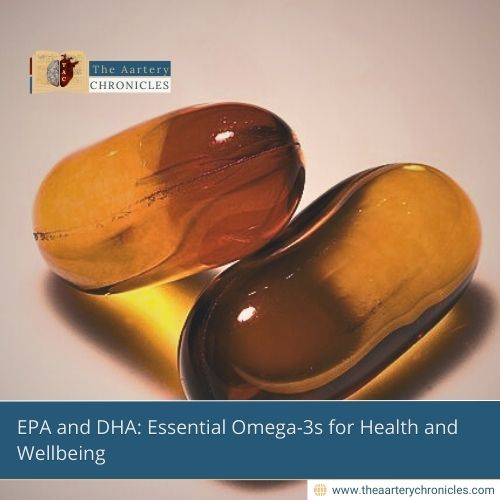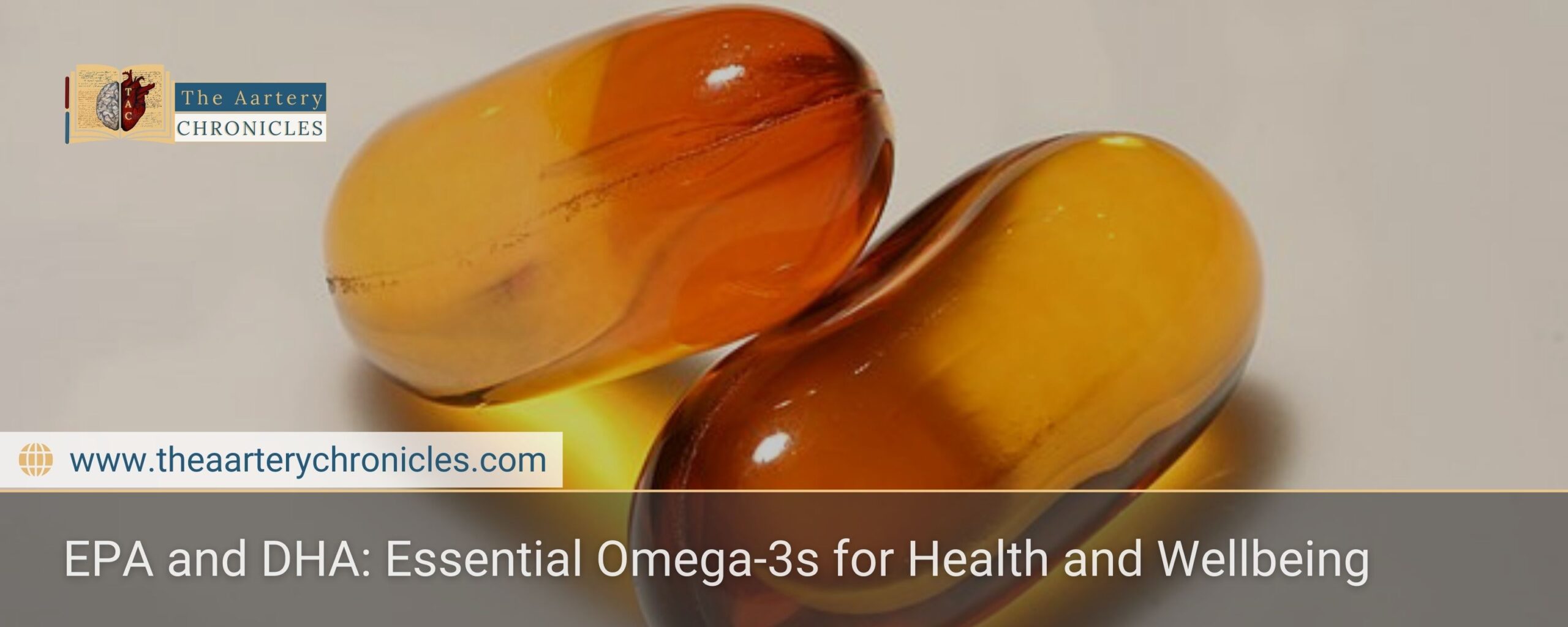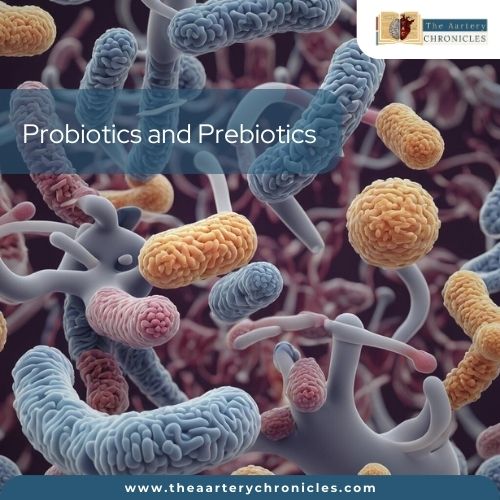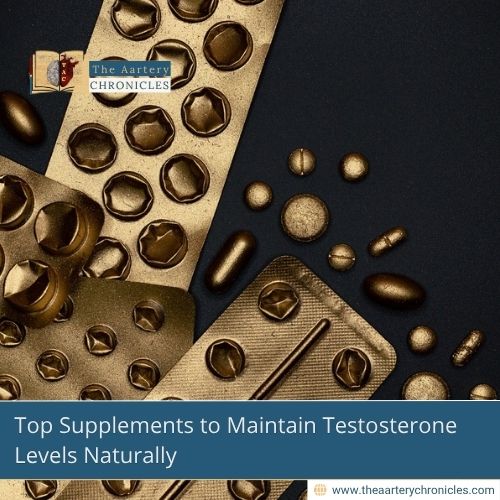

EPA and DHA: Essential Omega-3s for Health and Wellbeing
Introduction
EPA (Eicosapentaenoic acid) and DHA (docosahexaenoic acid) are essential omega-3 fatty acids with significant health benefits. Both EPA and DHA are classified as polyunsaturated fatty acids (PUFAs) and are highly important for the cardiovascular health brain and the immune system.
These long-chain fatty acids are mainly found in marine sources and differ from ALA (alpha-linolenic acid) found in plant-based sources. The body converts ALA into EPA and DHA, which is hence called ‘conditionally essential;’ however, it may not be sufficiently efficient. EPA and DHA are best from direct food sources.
Health Benefits of EPA and DHA
Some of the primary health benefits associated with EPA and DHA include:
1. Cardiovascular health
- Triglyceride reduction: EPA and DHA have been shown to considerably decrease triglycerides, which is important for reducing the risk of heart disease.
- Regulating Blood pressure: Consuming EPA and DHA on a regular basis can help in reducing both systolic and diastolic blood pressure, hence improving overall cardiovascular health
- Anti-inflammatory effects: EPA and DHA minimize the risk of chronic diseases, particularly cardiovascular disorders, by modifying inflammatory indicators including C-reactive protein (CRP) and tumour necrosis factor-alpha (TNF-α)
2. Brain and Mental Health
- Mental Health: EPA has particularly been linked with improvements in disorders related to moods such as depression. Studies show an association between higher EPA intake and reduced symptoms of depression and anxiety.
- Cognitive Health: DHA is crucial for the development of the brain in infants and fetuses promoting neuronal and retinal function.
3. Pregnancy and development: Adequate EPA and DHA consumption throughout pregnancy is critical for fetal brain and vision development. Supplementation has been linked to a decreased risk of developmental problems
4. Management of inflammatory diseases: EPA and DHA have been associated with improving and managing rheumatoid arthritis by lowering joint pain and inflammation. Their anti-inflammatory properties are also useful in treating various autoimmune diseases.
5. Eye health
- DHA is an important structural component of the retina sufficient levels are required for preserving eye health. It may also be helpful in preventing age-related macular degeneration.
- Weight Management: Omega-3 fatty acids improve insulin sensitivity and significantly regulate body fat distribution which boosts metabolic health thus promoting management of weight.
Deficiency of EPA and DHA
Individuals not consuming sufficient foods rich in EPA and DHA may suffer from a deficiency. Certain digestive disorders and health issues can also affect the absorption of these fatty acids.
Deficiency of EPA and DHA may lead to several health issues including:
- Skin: Flaky, dry skin, conditions like eczema may exacerbate
- Hair: Thinning and brittle hair
- Joint Pain
- Cognitive decline: Issues such as brain fog are associated with insufficient intake of EPA and DHA
- Fatigue
- Dry eyes
Sources
EPA and DHA are predominantly found in marine sources.
Fatty fish:
- Salmon
- Mackerel
- Sardines
- Herring
- Tuna
- Shellfish
- Eggs, etc,
Supplements: DHA and EPA supplements are available in the forms of:
- Cod Liver oil
- Krill oil
- Fish oil supplements
- Quality and purity standards must be considered to avoid contaminants while choosing supplements.
Recommendations
The general recommendation for combined EPA and DHA intake ranges from 250 to 500 mg per day for overall health. However, specific recommendations may vary based on individual needs and health conditions.
Conclusion
Incorporating DHA, and EPA into the regular diet is crucial for promoting heart health, brain function, etc making them an important nutrient for overall wellness. Regular intake of these has been associated with enhanced cognitive performance and better regulation of moods. Also, the body cannot produce these it’s on own; it is important to obtain them from diet or supplements.

TAC Desk
Reviewed by Dr Aarti Nehra, MBBS, MMST








